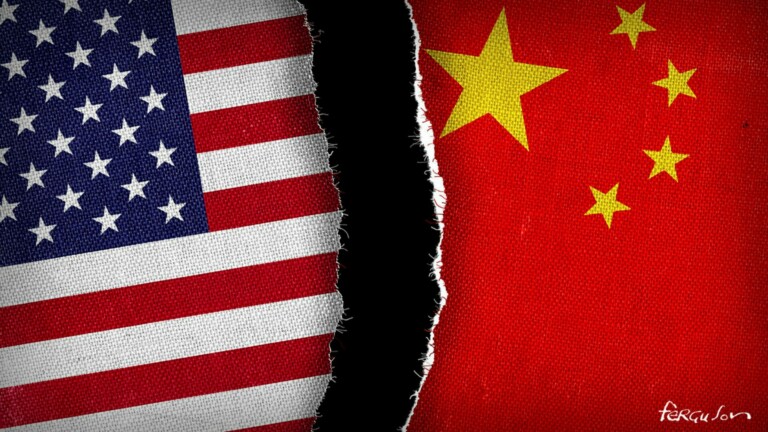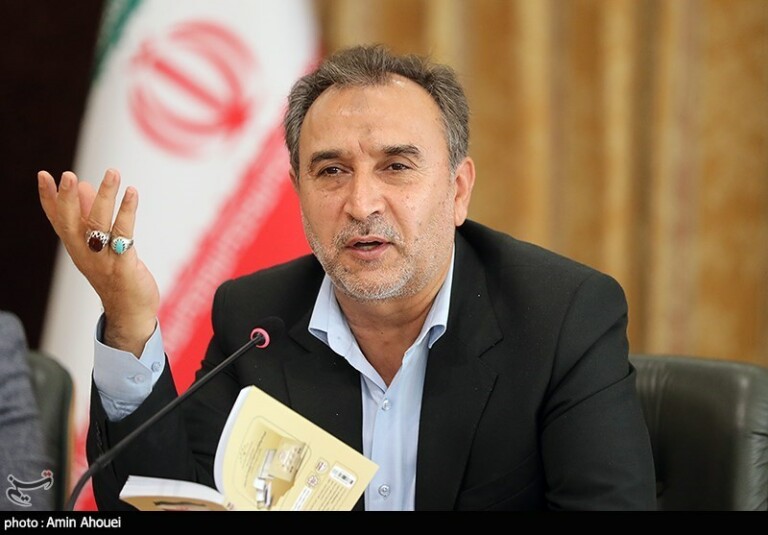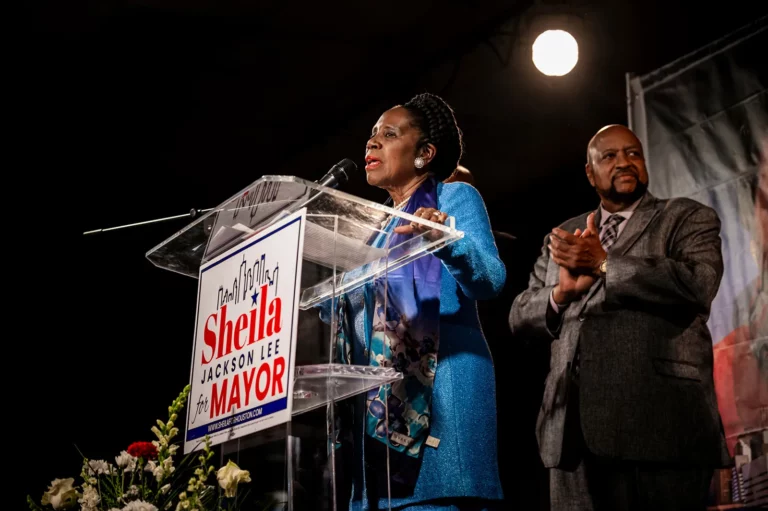More than 150 social activists from over 20 Latin American, Caribbean, and European countries on Monday denounced the six-decade-long U.S. embargo on Cuba.
Among them was Bolivian legislator Amanda Iriarte, who told Xinhua the U.S. policy toward the island violates the human rights of Cubans.
“The blockade affects Cuba’s access to medicines, technology and the international market,” she said, noting “this criminal policy must end.”
Spanish activist Pol Iglesias who is visiting the island for the first time said that he stands “against the U.S. embargo on Cuba,” calling the island “a beacon in the world’s fight for peace and justice.”
The activists will attend the celebrations of the 70th anniversary of the assault on Moncada Garrison in the eastern province of Santiago de Cuba scheduled for July 26 this year. The attack is viewed as the beginning of the Cuban Revolution.
Victor Gaute, deputy president of the Cuban Institute of Friendship with the Peoples, thanked solidarity movements for their support to the Caribbean nation.
“We strongly believe in the right of peoples to be sovereign,” he said.
The U.S. embargo on Cuba, first imposed in 1962, was further reinforced by former U.S. President Donald Trump’s administration, which added more than 240 economic measures against the island, such as banning U.S. flights to Cuban cities except for Havana, barring U.S. cruise ships and yachts from visiting Cuba, and limiting remittances that Cuban Americans send to their families on the island.
The damage caused by this six-decade-long blockade amounts to more than 150 billion U.S. dollars, the Cuban Ministry of Foreign Affairs estimated







